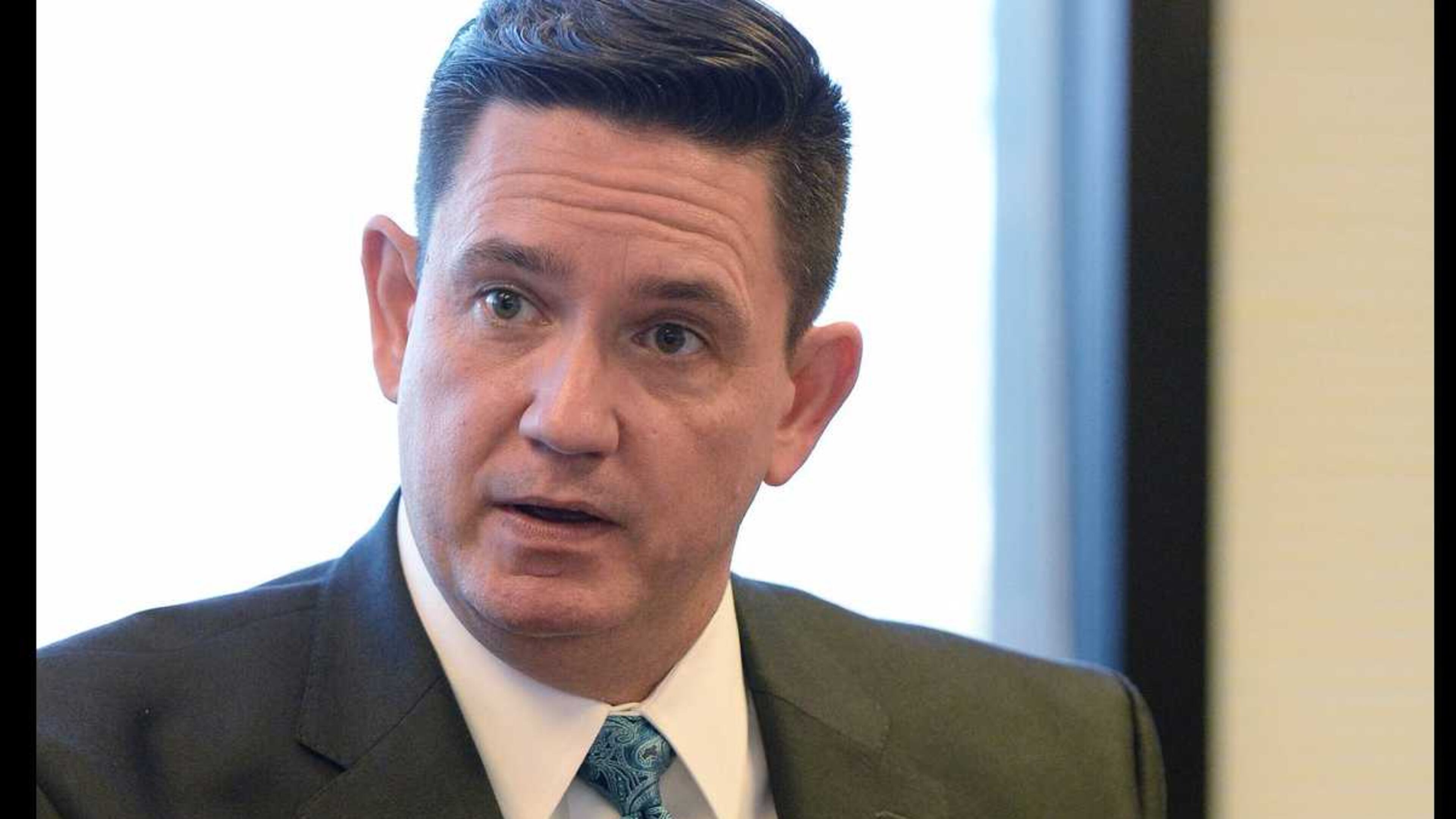Another child welfare leader likely leaving

State child protection director Bobby Cagle, who brought a rare sense of stability if not optimism to the long-troubled Division of Family and Children Services, is likely leaving to take a similar job in Los Angeles.
His departure would leave the agency once again facing a void in leadership, having gone through about 10 directors in 20 years.
"We gotta get people who'll stay," said Rachel Ewald, executive director of the Foster Care Support Foundation.
The Los Angeles County Board of Supervisors reportedly voted on Tuesday to hire Cagle to lead the nation's largest child welfare system. And while details such as salary must be finalized, Georgia officials said they suspect his departure is imminent.
To his credit, Cagle would not be leaving under a familiar sad scenario: A new leader takes command, boldly heralding reforms, then is unceremoniously ousted after a child dies while under the agency’s watch.
Cagle appears to be leaving after a good run, having added caseworkers, reduced employee turnover and increased the number of adoptions. He declined requests for comment Wednesday.
"I've clashed with many DFCS directors, but Bobby Cagle has a good head on his shoulders and his heart in the right place," said Tom Rawlings, a longtime agency watchdog who now serves as State Child Advocate.
Cagle walked right into the heat of DFCS controversy when he took the helm in the summer of 2014. Days into the job, he had to answer tough questions about the death of 5-year-old Heaven Woods, who had an open case with DFCS. As facts of the death emerged, agency workers in the case were taken off duty and child advocates called the tragedy a textbook example of ineffective casework.
A few years later, child advocates and care providers praised Cagle’s work over the agency, which handles foster care, child abuse and neglect investigations, food stamps and other social services.
During his tenure, Cagle has earned the goodwill of the workforce, hiring over 600 new child welfare workers and increasing the pay of frontline workers by 19 percent. He’s virtually eliminated what had been a vast backlog on investigations into child abuse and neglect.
He quickly earned the trust of Gov. Nathan Deal, who changed policy so the DFCS director now reports directly to the governor.
“He had the governor’s ear, and they worked together well,” said Ewald, the Foster Care Support Foundation director. “Sometimes when you have too many lines of communication, things can get lost.”
Perhaps more than anything, Cagle, himself a foster child and a former caseworker, put a face on the agency that people could connect with. He went on numerous “road shows” across the state, meeting with local lawmakers, service providers and foster parents.
"With his leadership, he's given people a sense that this is a different agency," said Juanita Stedman, executive director of Together Georgia, an organization of groups that provide child services.
Perhaps his greatest achievement came just about a year ago when he negotiated a pathway out of a decade-old court that has cost the state millions, to revamp the failing child protection system.
The state has made great strides but has yet to meet all the demands of that agreement. That is among many issues DFCS continues to struggle with. The challenges include a dearth of foster parents, continuing employee turnover, and an increasing number of children coming into foster care due to their parents’ abuse of opioids.
“I think his leadership has provided stability after a long period of turnover in DFCS directors,” said Christina Remlin, lead counsel with the nonprofit that brought that lawsuit, called Children’s Rights.
But Georgia has a long way to go to ensure the safety and well-being of its children, she said. And while child welfare advocates hope the positive momentum will continue, they acknowledge that much depends on who is chosen as the next DFCS director.
“We’ll be nervously awaiting to see who we’ll work with,” Rawlings said.

